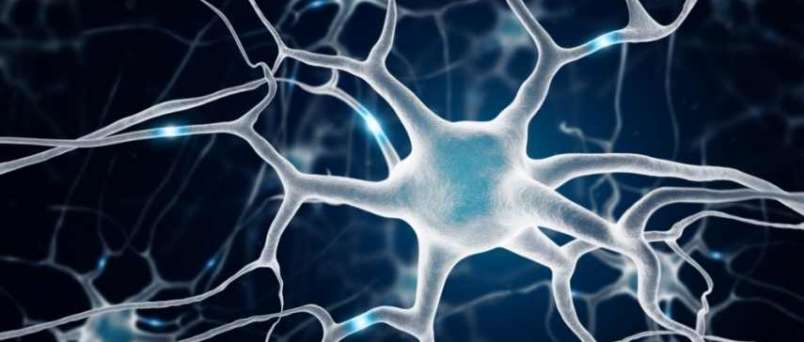Key Benefits of Cognitive and Social Stimulation for Older Adults
Knowing key benefits of cognitive and social stimulation for older adults can greatly impact mental health. Caregiving can be a challenging role. When you are the primary caregiver for a family member or loved one, it can be easy to get bogged down in the day to day realities of changes in their cognitive or physical health; have they had enough to eat? Do they need a bath? Are they in pain? Are they happy? How can I improve their quality of life? It is difficult to remember you are only one person, and you have a whole host of other responsibilities to keep up with around the house and for yourself. This is when if it becomes too much to manage and a great time for caregivers and families to look for help from home care services.
It is no surprise that social and cognitive stimulation can take a back seat to your daily duties as a caregiver. Nevertheless, there is evidence to suggest that social and cognitive stimulation are key with improving mood, function and maintaining cognitive health
Studies have shown that a socially and mentally active lifestyle can help lower the chance of developing health problems like depression, dementia and cognitive decline. There is also some evidence to suggest it can maintain cognitive function as well. According to Wood et al, 2012, there is a clear and consistent benefit on cognitive function for those who were cognitively stimulated.
The reason being is that social interaction requires individuals to navigate complex interpersonal situations, listening, processing information and adjusting to changing conditions in ways that result in the individual having to continually adjust to the environment and activity. Like flexing a muscle, over time this type of intervention can lead to strengthening those associated faculties; and potentially improving mood, memory and a better overall quality of life.
In light of this information, you may be asking how can I make sure a friend or loved one is getting the social and cognitive stimulation they need? One of the key questions is to first find out what kind of leisure and social activities they enjoy and keep them stimulated.
For example, playing board games, word search on the computer, reading books or newspapers, playing musical instruments, art and dancing have all been associated with improved mood and a reduced risk of dementia, according to Cheng, 2016.
Interestingly, there is evidence to suggest that some elderly adults may see an even greater cognitive benefit from regularly interacting with non-family members, such as Calgary senior home care caregivers. The reason being is that a home care provider is likely not as familiar as a family member, and they can ask different questions than a family member would. Moreover, a senior with or without memory loss needs to be more conscious in an unfamiliar situation and how they engage and respond to the conversation. Irrespective having conversation and engaging in games, allows the individual to participate in life and feel valued and cared for, which we all enjoy.
Contact us at Vytality at Home 403.488.7991 or at info@vytality.ca to find out how we can help you or your loved one stay stimulated.




